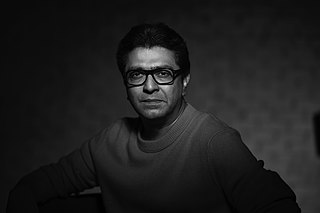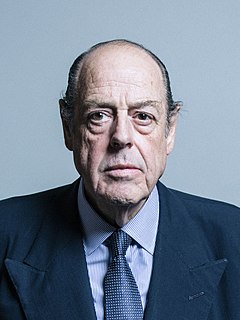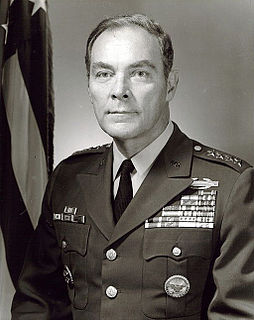A Quote by Max Boot
History has been my primary intellectual passion ever since, as a boy in Southern California, I began reading books on World War II and the life of Winston Churchill.
Related Quotes
Iraq has the second largest oil reserves in the world, it is right in the midst of the major energy reserves in the world. Its been a primary goal of US policy since World War II to control what the State Department called "a stupendous source of strategic power" and one of the greatest material prizes in history.
It's important to remember that World War II was experienced very much as a continuity in that sense. Most of World War II in most of Europe wasn't a war; it was an occupation. The war was at the beginning and the end, except in Germany and the Soviet Union, and even there really only at the end. So the rest of time it's an occupation, which in some ways was experienced as an extension of the interwar period. World War II was simply an extreme form, in a whole new key, of the disruption of normal life that began in 1914.
To be sure, Kennedy did not discount the importance of words in rallying the nation to meet its foreign and domestic challenges. Winston Churchill's powerful exhortations during World War II set a standard he had long admired. Kennedy was hardly unmindful of how important a great inaugural address could be.
As a Polish American, I grew up hearing the phrase 'nothing about us without us.' To Eastern Europeans, the vow is a painful reminder of how Joseph Stalin, Winston Churchill and Franklin D. Roosevelt carved up their small countries after World War II, placing them, against their will, under Soviet domination.


































